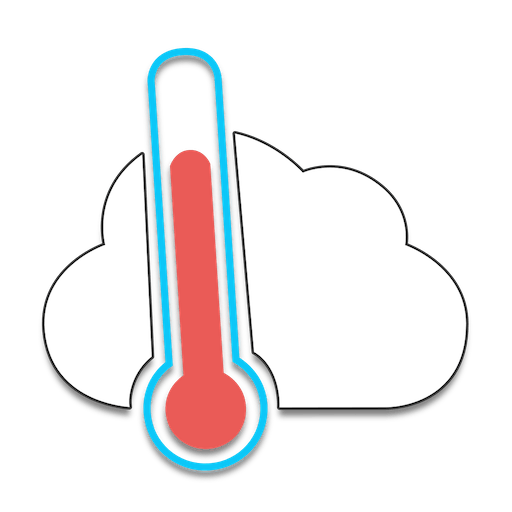Atlantic and West Pacific Oceans See Storms
Hurricane Arthur
The beginning of July started off on an active note as hurricane Arthur spun up just off the coast of Florida. Arthur quickly organized, pushing out the dry air that was initially a problem on the northwest side of the storm. Following the short bout with the dry air, Arthur formed a well-defined eye. The storm “only” reached category two as it made landfall on the Carolina coast near Cape Lookout, shortly after forming the well-defined eye. It brought with it sustained winds of 160km/h, whipping up a significant storm surge as high as 1.4m on the outer banks.

In the aftermath of the storm 41,000 residents from North Carolina had lost power, in addition to some minor damage to houses. Flooding was also a concern where a few areas received over 100mm of rain from the storm. Thanks to much warning in advance, no residents were injured or killed with this storm. Arthur brings an end to the lull in hurricane activity the United States has seen in the past couple years. The last hurricane to have made landfall in the United States prior to Arthur was in August, 2012.
Arthur further continued its trek up the East Coast bringing miserable weather to the US Northeast as well as Atlantic Canada, but was less of a threat (still significant) as a post-tropical storm.
Super Typhoon Neoguri
Super typhoon Neoguri was another significant storm that spun up to start off the month of July, this time in the western Pacific Ocean. With the help of very warm sea surface temperatures as well as little shear to tear it apart, Neoguri strengthened to a super typhoon producing sustained winds of 250km/h and bottoming out at a pressure of 930mb. Six deaths have been attributed to Neoguri as well as over 100 injuries. After passing through the Ryuku Islands, Neoguri got caught up in the polar jet stream and curved back east towards Japan as it started its transition to an extratropical storm over Japan. Satellite observations indicated rainfall totals of over 500mm in a few mountainous regions of Japan. Neoguri was officially declared an extratropical storm yesterday.
Another disturbed area is currently over the Pacific and is expected to become of tropical storm strength this weekend, however, is not expected to impact any landmasses in the near future.
